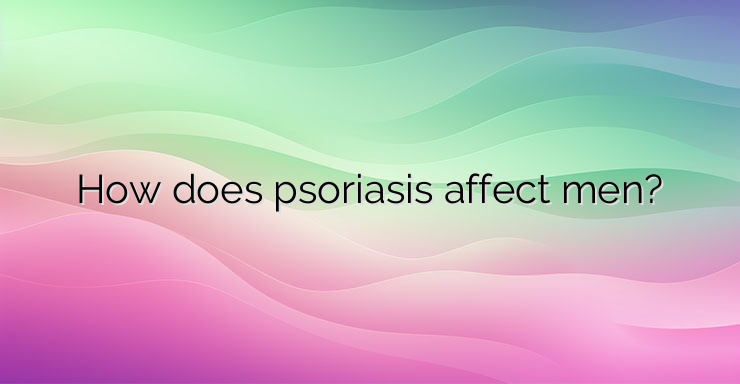Psoriasis is a widespread worldwide skin disease characterized by dry, thick, raised patches of itchy, scaly skin. For most people, psoriasis is a lifelong condition with alternating periods of flare-ups and remission. Although studies have found inconclusive data on the relationship between gender and psoriasis, smaller studies have found that gender may affect the manifestation of psoriasis. A 2017 study found that men, on average, had a significantly higher PASI (Psoriasis Area and Severity Index – the most widely used method of measuring psoriasis severity) than women. The study reported that women had an average PASI score of 5.4 and men 7.3. A score of 5 to 10 is considered moderately severe disease. Response to psoriasis treatment may vary by gender. A 2021 study analyzing 9 years of data found that women tended to respond better to biologic and nonbiologic psoriasis treatments than men. The study measured outcomes at 3, 6 and 12 months and found that women had statistically significant better outcomes at each stage. There is an established relationship between psoriasis and an increased risk of depression or anxiety. Psoriasis can lead to depression and anxiety, which in turn can lead to behaviors that make psoriasis worse. Red, itchy, scaly plaques of psoriasis can appear almost anywhere on the body. Psoriasis can manifest itself in ways that affect men in particular. In both sexes, scalp psoriasis can lead to hair loss. Men with beards may also need to take special care of their facial hair and skin care. This would help avoid injury or dryness that can cause psoriasis to flare up. Although it can be embarrassing, genital psoriasis affects both men and women. The condition is not contagious and psoriasis cannot be transmitted to the sexual partners of those affected. References: 1. American Academy of Dermatology. A dermatologist’s top tips for a healthy beard 2. National Psoriasis Foundation. Men with psoriasis 3. Healthline. A Guy’s Guide to Psoriasis


Leave a Reply